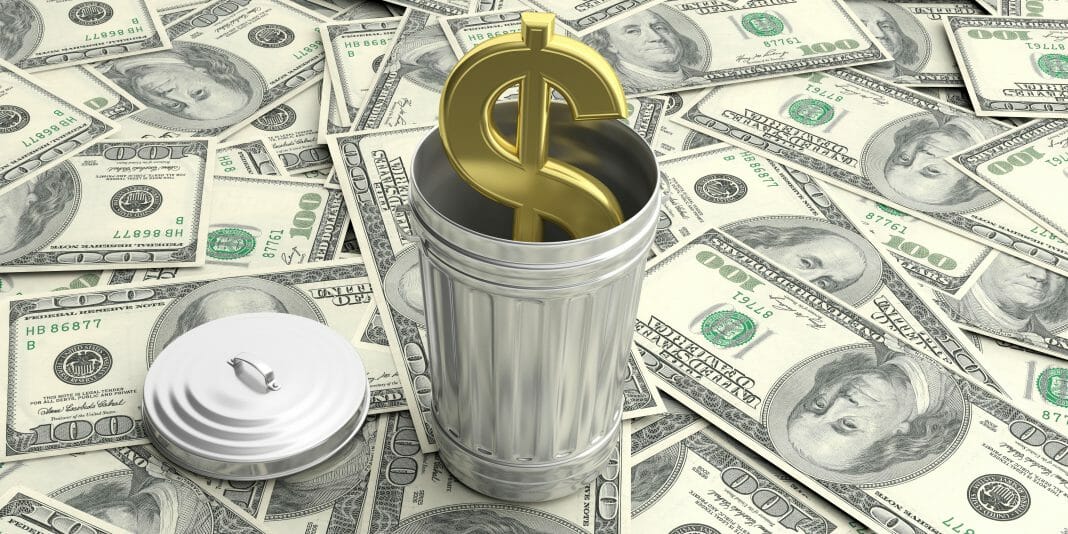Some media support a narrative that says that Venezuela is a “crypto-donation.” but is it? Venezuelans speak; they tell what the primary means of payment and savings are.
More and more Venezuelans join the vast diaspora, trying to find better ground and better opportunities to live in dignity. Some migrants even have seven years or more without going to Venezuela.
Some migrants have already forgotten how to use the bill denominated in bolivars. Many Venezuelan citizens forget more and more as the days pass. These people begin to adapt to new places, people, and economies and understand less the value of money and how people survive in a nation with such extreme hyperinflation.
From the remittances they send, beneficiaries receive a more significant amount of bolivars for the same amount of dollars each month. Still, at the same time, such an amount ends up being equivalent to much fewer products when they go to the supermarket.
Currencies in Venezuela Are Almost Impossible to Digest and Understand, Even for Those Who Live in the Country
Forty dollars sent on March 8, 2021, representing 70 million sovereign bolivars (BsS). For March 2020, the same amount was 2.4 million BsS and one year before 136,400 BsS. Incomprehensible when it comes to “sovereign bolívares,” a product of the monetary reconversion of 2018 that removed five zeros from the “bolívar Fuerte.”It’s almost impossible to digest and understand, even for those who live in the country!
A clear example of what all these reconversions mean: 1 dollar today is worth around 1,800,000 sovereign bolivars, 180,000,000,000 bolivars of 2008 ¡180 billion bolivars that serve, perhaps, to buy a single product.
The Dollar Became the Basis for Calculating Prices
Since the end of 2018, and with more strength in recent months, the US currency became more worthy and valuable. On January 1, 2021, President Nicolás Maduro made a statement on which he said that savings accounts in foreign currency are receiving complete acceptance and authorization. People will gain the ability to pay at the price of the money in bolivars.
Now everything, from a car to ice cream or meat, has its price in dollars. And not only in established shops but also in the informal market: peddlers, with their tablecloths on the street, also sell in US currency.
However, aside from the increase of the dollar’s presence in Venezuela, spokespersons and media have abounded who argue that it is the country most soaked in crypto in all of Latin America.
Some currencies like Localbitcoins show a relevant transaction movement even more extensive than many Latin American countries.
This activity seems to limit its expansion to a small group. It could not serve as a practice enough to make a significant amount from a population that never received education about cryptocurrencies. This market is still small but is growing fast.
By: Jenson Nuñez











